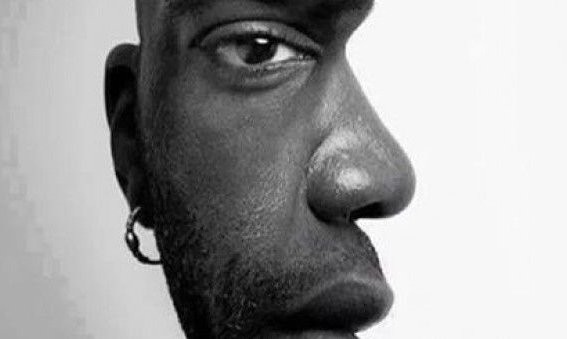An excellent exercise that everyone should do at some point in their lives is to calculate how much money is enough to feel happy and lead a prosperous existence. This exercise is important because often we feel like we don’t have enough money and therefore we are not good enough. Altogether, this leads to a question whether there is a magical point when we can state that we are satisfied with our lives, we don’t need to chase money, and we can lead a prosperous and happy life.
So let’s learn how to calculate this number together.
How Much Money is Enough, Really?
I taught this lesson to one of my students, Adam, a manager based in London, United Kingdom, who worked there for over 15 years in a very competitive industry.
After 15 years, he has seen all that his industry had to offer. Despite his relatively high salary of $5.000 per month, he faced some financial issues as his spending went up, but there were no more possibilities of growth or promotion in his field. This situation created a great deal of stress and frustration for Adam. This was when he asked me what I think he should do.
I asked him whether he could leave his job and start work in a different field, which could provide the level of income he was looking for, but he said that it was not a solution he was willing to consider. So we looked at his finances to see where the money was actually going.

Understanding Where the Money is Going
We saw that he earned $5.000 per month, which after taxes, meant that he had approximately $3.500 per month. His monthly expenses included $1.000 student debt (which he still held after 15 years of working!), $1.500 for rent, $130 for insurance, $70 for his phone bill, $600 in food expenses, and the remaining $350 he spent on drinks when going out and other enjoyments of life. This left him with a negative balance of $150 at the end of each month.
| Adam’s salary | $5.000 |
| Taxes | $1.500 |
| Student debt | $1.000 |
| Housing | $1.500 |
| Insurance | $130 |
| Phone | $70 |
| Food expenses | $600 |
| Other expenses | $350 |
| Total | $-150 |
How Much is Enough For Adam
A possible solution to his situation was to start paying off his debt as soon as possible. This would save him $1.000 per month, but it would require him to make some short-term sacrifices in other areas of life. Together we created a plan.
For example, I knew many people who were paying $1.000 for a smaller place in shared housing. Additionally, he could cut down on his insurance, accepting higher risk, saving up to $50 per month. He could use an older model of his phone and save another $50 per month. By cooking at home, he could save up to $200 per month while still maintaining a healthy diet. Finally, he could save up to $200 per month on drinking less at parties and other leisure activities.
| Housing | $500 |
| Insurance | $50 |
| Phone | $50 |
| Food expenses | $200 |
| Other expenses | $200 |
| Total savings | $1.000 |
With this kind of sacrifice, he could save up to $1.000 per month, which together with his already negative balance of $150 would lead to a total saving of $10.000 per year, which he could then reinvest into paying off his student debt and eventually enjoying this extra $1.000 per month.
How Much Money is Enough For You?
Now, this exercise is purely theoretical and it is based on a lot of assumptions, such as Adam willingly accepting, implementing, and maintaining this sort of sacrifice in his lifestyle.
Still, virtually everyone can look at their expenses, see where they can save some money, and consequently use these savings to build a financial cushion.
Lastly, as we suggested in the beginning of this article, it helps to calculate how much money we need in our lives. To do so, I invite you to do this exercise yourself right now, while it is fresh in your head. Optionally, you can post your results here in the chat for others to see. You will be able to compare your results to other peoples, which is always an interesting experience. If it helps you can use the above breakdown of Adam, or just create your own formula.
So how much money is it enough for you?
Fill in this information:
| Salary & Other Income |
| Taxes |
| Debt |
| Housing |
| Car |
| Insurance |
| Phone expenses |
| Food expenses |
| Other expenses |
| Total |














